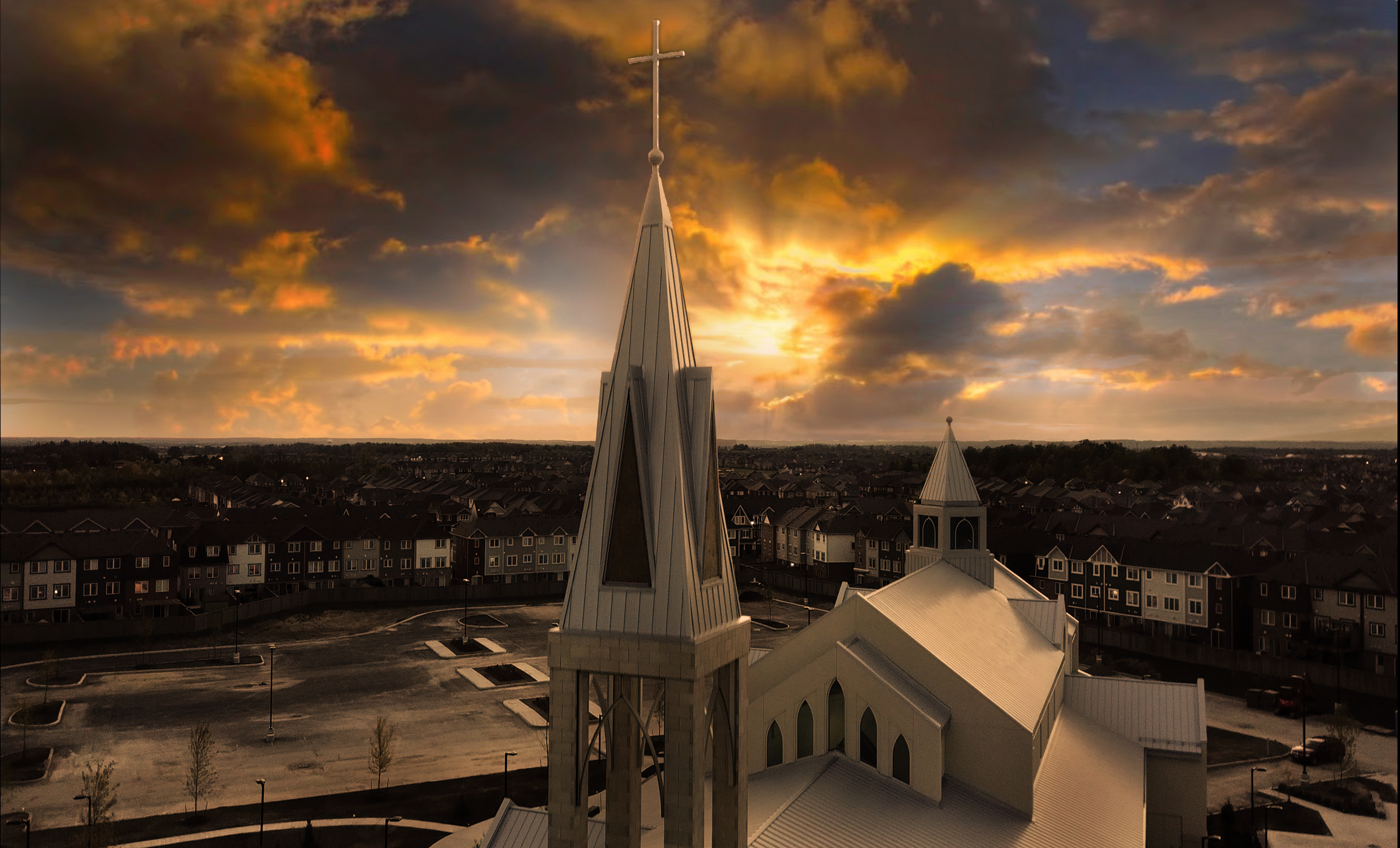
Canadian Bishops Release Letter on Second Anniversary of Pope Francis' Visit
On the two-year anniversary of Pope Francis’s penitential pilgrimage to Canada, the Canadian Conference of Catholic Bishops (CCCB), in a “Letter to the People of God”, has provided an update on the steps that the Catholic Church in Canada has taken to respond to the Holy Father’s calls for a future of justice, healing, and reconciliation. It encourages Catholics across the country to continue to listen to and support residential school survivors and Indigenous communities on this journey.
“After years of listening, learning, prayer, and dialogue, the Bishops of Canada were deeply grateful for the Holy Father’s apology, and to the many Indigenous partners who shared their experiences and desires for a brighter future,” said Bishop William T. McGrattan, President of the CCCB. “We believe this was a meaningful step in the reconciliation journey – but the effects of the residential school system persist to this day. As we look back on the words of Pope Francis, we must continue to confront this painful legacy and to walk alongside the Indigenous Peoples in the spirit of solidarity and hope.”
In his various public and private addresses, the Holy Father not only expressed profound sorrow for the devastating effects of the residential school system on Indigenous communities, but also called on the Bishops of Canada to approach reconciliation through concrete actions and shared projects. Building on the important progress achieved in planning the penitential pilgrimage of the Pope, the Bishops of Canada took tangible steps in this direction in the years since the papal visit, including:
- Financial support for Indigenous priorities. In September 2021, following their national apology, the Catholic Bishops of Canada pledged $30 million for projects that support healing and reconciliation. These projects are identified by local Indigenous people and overseen by the Indigenous Reconciliation Fund (IRF). To date, the IRF has raised more than $15 million, and is therefore ahead of its five-year timeline. It has approved 166 projects determined in collaboration with First Nations, Métis and Inuit partners across the country.
- Transparent access to records. The Bishops of Canada have pledged to make their relevant records available to Indigenous researchers and communities, in order to help them find the truth that they seek. To support this work, the CCCB has approved a set of Guidelines to assist dioceses in developing policies for documentation and access to relevant records, including mission, sacramental and burial records, to help Indigenous Peoples identify the facts pertaining to their loved ones.
- Continuing to dialogue with First Nations, Inuit, and Métis Peoples. The Bishops have established structures within the CCCB to support local and national dialogues to foster greater understanding of Indigenous cultural, linguistic, and spiritual traditions and values. Discussions cover matters such as developing academic collaborations to understand the concepts commonly associated with the “Doctrine of Discovery”, as well as engaging with the Canadian government on shared concerns, such as the Indigenous belongings currently held at the Vatican museums.
The Bishops of Canada are deeply grateful for the relationships they have established with First Nations, Métis, and Inuit Peoples. As this journey of truth and reconciliation continues, the Bishops remain committed to walking in solidarity and listening to the experiences of Indigenous Peoples to guide the path forward. Encouraged by the presence, words, and gestures of Pope Francis, the Bishops of Canada continue to make meaningful progress in the significant work that lies ahead.
Letter to the People of God:
